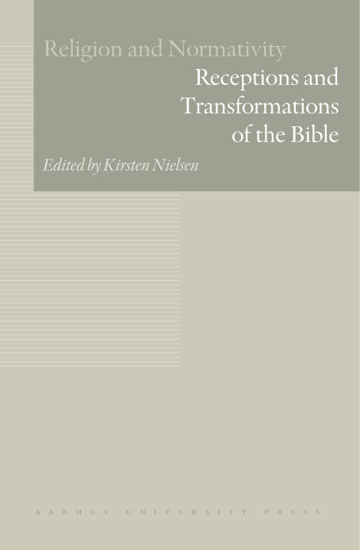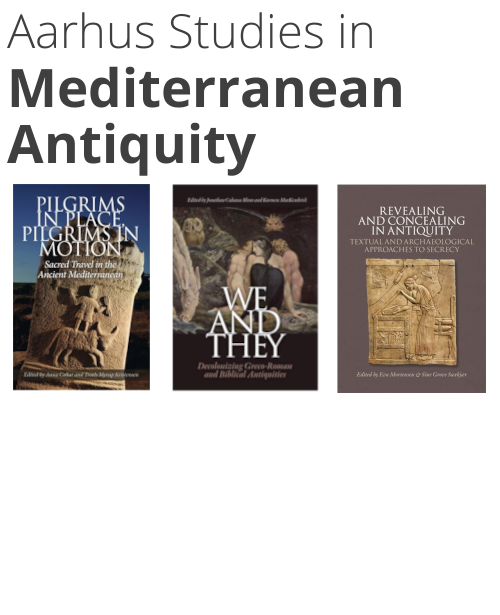
Receptions and Transformations of the Bible
Out of stock
Edited by
Kirsten Nielsen
With contributions by
Kirsten M. Andersen,
David Bugge,
Iben Damgaard,
Laura Feldt,
Maria Louise Odgaard Møller,
Kirsten Nielsen,
Marie Vejrup Nielsen,
Jakob Nissen,
Johannes Nissen and
Marianne Schleicher
More about the book
About the book
The Bible has been called the 'Book of Books'. In Western culture it is considered a literary work and it has a central role in both the Jewish and Christian religions. The Bible has inspired much rewriting and has also provoked contradiction. It has not only had a normative function for future poets, but philosophers and scientists have also applied biblical motives and have struggled with biblical ideas to formulate new thoughts.
Drawing on examples from the works of Torgny Lindgren, Philip Pullman, Milan Kundera and Martin A. Hansen, the first part of this volume begins by examining the reception and transformation of the Bible in literature. Then, using examples from Søren Kierkegaard, K.E. Løgstrup and Paul Ricoeur, the second part goes on to explore the reception and transformation of the Bible in philosophy, considering also its reception within evolutionary theory. The third and last part, deals with the Bible's reception and transformation in religious communities, and considers, inter alia: the role of the Torah in Judaism - both as text and as artefact; and, the Bible, as a model for Christian ideas, as a challenge to scriptural performance and as a norm for the images of God in modern hymns. All three sections of the book are introduced by some general reflections offering a framework for the individual articles.
The Book of Books is still a work that inspires new thoughts. The aim of Reception and Transformations of the Bible is thus to challenge and provoke readers to further discussion on the authority of the Bible.
For purchases outside of Denmark:
If you are located in the USA or Canada, please contact our US distributor, Longleaf Services, at orders@longleafservices.org or +1 919-503-6590.
For purchases in all other countries, you can find the title through our global distributor, The Mare Nostrum Group, here: https://mngbookshop.co.uk
Press reviews
Michael Labahn, Martin Luther Universität Halle-Wittenberg, RBL
"..einen beachtenswerten Beitrag, indem die interdisziplinär arbeitenden Beiträge die 'Rezeption' biblischer Texte an ausgewählten Beispielen in Litteratur, Philosophie und Religion untersuchen."




